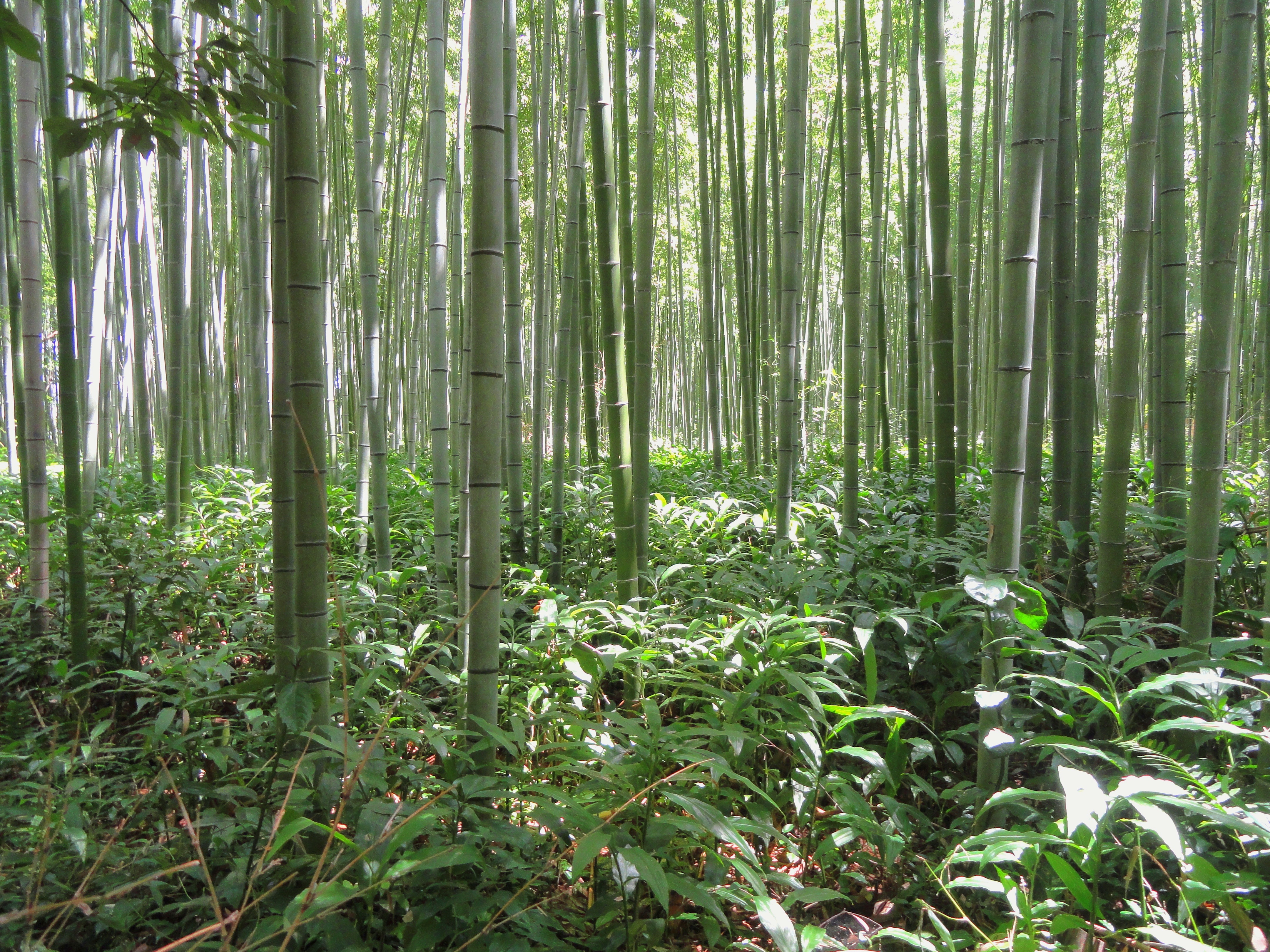Bamboo is a fast-growing plant native to Asia that has gained popularity worldwide due to its incredible versatility and sustainability. In this article, we explore the various applications of bamboo, emphasizing its strength and the role it plays in creating durable structures. Join us as we dive into the world of bamboo and reveal its limitless potential.

Strength of Bamboo: Bamboo is often underestimated for its plant-like appearance, but it is one of the strongest building materials on earth. Its cylindrical stem, called a culm, is extremely strong, with a tensile strength comparable to steel. The combination of its density and fibrous structure allows bamboo to withstand heavy loads and even seismic events.
Construction industry: Bamboo has been used in construction for centuries, especially in countries like China and Japan. Its strength, flexibility and durability make it an excellent alternative to traditional building materials such as wood or concrete. Bamboo stalks can be used to build strong beams, columns, and even entire structures such as houses, bridges, and scaffolding.
Sustainable Materials: Unlike other building materials, bamboo is highly sustainable and environmentally friendly. It is a rapidly renewable resource capable of being regenerated in just a few years. Plus, bamboo requires very little water, pesticides, and fertilizers, making it a more sustainable choice than wood or steel. By using bamboo in construction, we can reduce our dependence on non-renewable resources and lessen our environmental impact.
Design and Aesthetics: In addition to its structural advantages, bamboo also has a unique aesthetic appeal. With its natural warmth, texture and elegance, bamboo adds a touch of natural beauty to any architectural design. Architects and designers are increasingly incorporating bamboo into their projects, exploiting its versatility and creating innovative and sustainable structures.
Future Possibilities: The versatility of bamboo is not limited to architecture. Bamboo fiber can be processed into textiles, providing a sustainable alternative to cotton and synthetic materials. Scientists are also exploring bamboo's potential for renewable energy production and carbon sequestration, effectively reducing greenhouse gas emissions and combating climate change.
From its exceptional strength to its positive impact on the environment, bamboo has become a popular building material in sustainable construction.Its versatility and flexibility make it increasingly popular in various industries.As we continue to unlock bamboo's potential, it's clear that this humble plant holds the key to a more sustainable, greener future. Embrace the power and versatility of bamboo and help build a better world.
Post time: Jul-21-2023





